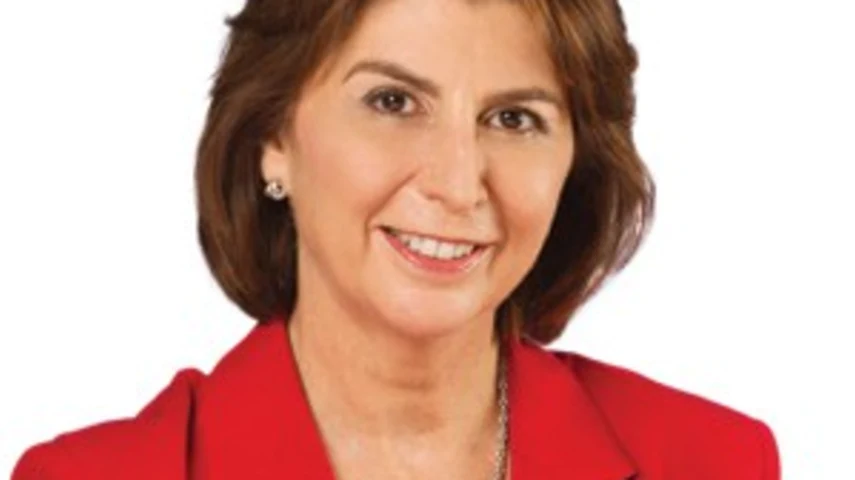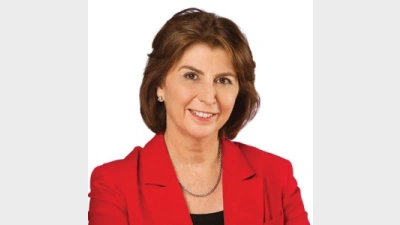Super funds face change



The insourcing of investment activities such as stock selection — combined with funds developing individually managed accounts (IMAs) to meet the rise of self-managed superannuation funds (SMSFs) — is changing the nature of the superannuation industry.
That is the bottom line of an Association of Superannuation Funds of Australia (ASFA) submission to the Australian Securities and Investments Commission dealing with high frequency trading (HFT) and dark pools.
The submission, signed off by ASFA chief executive Pauline Vamos, said the Australian superannuation market was witnessing several significant shifts, including market consolidation, regulatory changes "and the drive for scale [that] has driven a significant increase in the amount of merger activity".
It then went on to comment on the manner in which investment activity, historically outsourced to external parties such as fund manager, custodians and asset consultants, had been taken in-house.
"Due to scale and cost, several registrable superannuation entities (RSEs) have insourced investment activities such as stock selection and research; as a result, these RSEs are evolving into asset managers. This brings the RSE significantly closer to the real assets of the fund — including Australian equities. As a result, the RSE requires a different and appropriate internal skill set," the ASFA submission said.
"The Australian SMSF market has grown significantly over the last 10 years; it now accounts for approximately one third of the total Australian superannuation pool," the ASFA submission said. "In response, several RSEs have developed IMAs to provide members with the ‘look and feel' of direct share ownership, with the fiduciary overlay that an RSE will provide."
It said the impact of these shifts, in combination with the implementation of the Stronger Super regime, required RSEs to have a deeper understanding of capital markets and the downstream effects that Dark Liquidity and High Frequency Trading (HFT) may have on fund performance, and ultimately the effect on member valuations.
Recommended for you
Data and technology provider Novigi has acquired Iress’ superannuation consulting and managed services business from Apex Group.
AMP is to launch a digital advice service to provide retirement advice to members of its AMP Super Fund, in partnership with Bravura Solutions.
Unveiling its performance for the calendar year 2024, AMP has noted a “careful” investment in bitcoin futures proved beneficial for its superannuation members.
SuperRatings has shared the median estimated return for balanced superannuation funds for the calendar year 2024, finding the year achieved “strong and consistent positive” returns.









